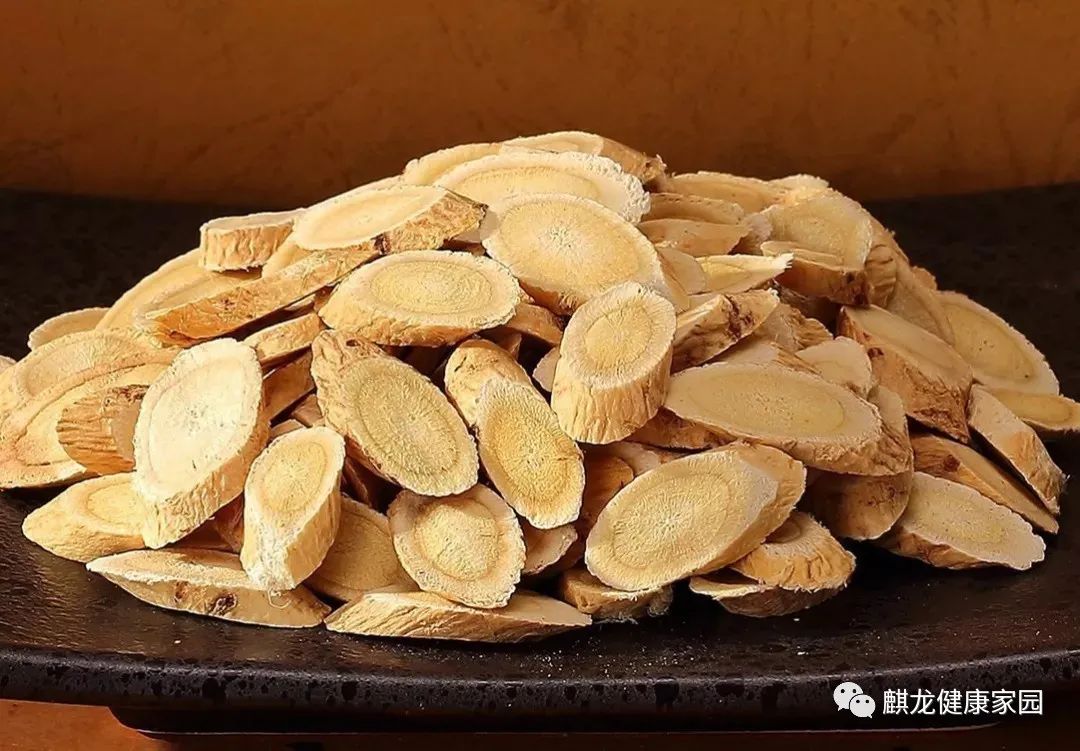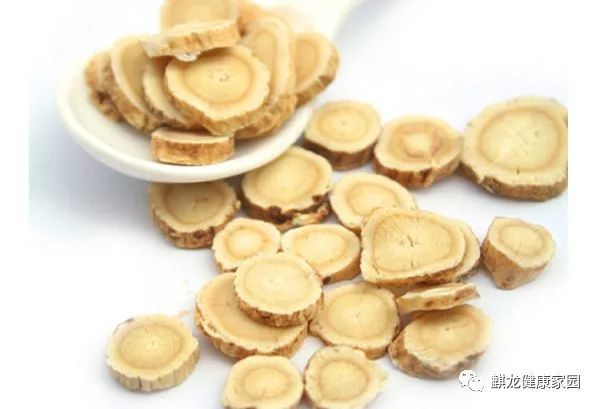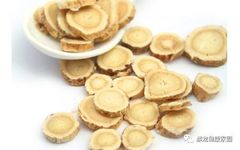

Astragalus (Huang Qi) (qí), a medicinal herb, also known as Huang Qi or Bei Qi, is one of the most commonly used herbs in TCM for Qi tonification, with significant efficacy. The medicinal history of Astragalus spans over 2000 years, first documented in the Han Dynasty tomb of Mawangdui in the silk manuscript “Fifty-Two Diseases Formulas.” Astragalus is known for its benefits in tonifying Qi and stabilizing the exterior, reducing sweating, and promoting diuresis and reducing edema.
Chemical Components
The active components of Astragalus include flavonoids such as maorui isoflavone and 3-hydroxy-9,10-dimethoxy-pterocarpan, as well as Astragalosides I, V, and III.

Properties and Meridian Affinities
Astragalus is warm in nature, sweet in flavor, and is associated with the spleen, lung, kidney, and stomach meridians.
Indications and Functions
Astragalus can strengthen the spleen and tonify Qi, support the lung and stabilize the exterior, promote diuresis and reduce edema. It is used for conditions such as spleen and stomach Qi deficiency, prolapse of internal organs (such as rectal prolapse, uterine prolapse, gastric ptosis), lung Qi deficiency with cough and shortness of breath, spontaneous sweating due to Qi deficiency, susceptibility to colds, edema with difficulty urinating, Qi and blood deficiency leading to anemia and weakness, numbness of limbs, and slow healing of wounds; also indicated for diabetes with thirst.

Adverse Reactions
The most common side effects of Astragalus include rapid onset of “heat” symptoms, such as facial redness, irritability, insomnia, sore throat, elevated blood pressure, and dizziness. There may also be exacerbation of existing conditions or a reversal of disease progression.

Generally, if individuals use Astragalus alone for supplementation or take a large dose at once, it can harm the body or exacerbate diseases. It is recommended to gradually increase the dosage to a level that the body can tolerate without side effects; a safer method is to use it in formulas.

For patients with kidney deficiency and excess heat or severe toxic heat, the use of Astragalus is generally contraindicated.
(The medicinal effects of herbs are for informational purposes only and should be used under the guidance of a qualified physician or pharmacist; self-medication is not recommended.)(All images and content are sourced from the internet.)Recommended Reading: What is fasting? Why fast? Confucius’ thoughts and ten types of cured meats

